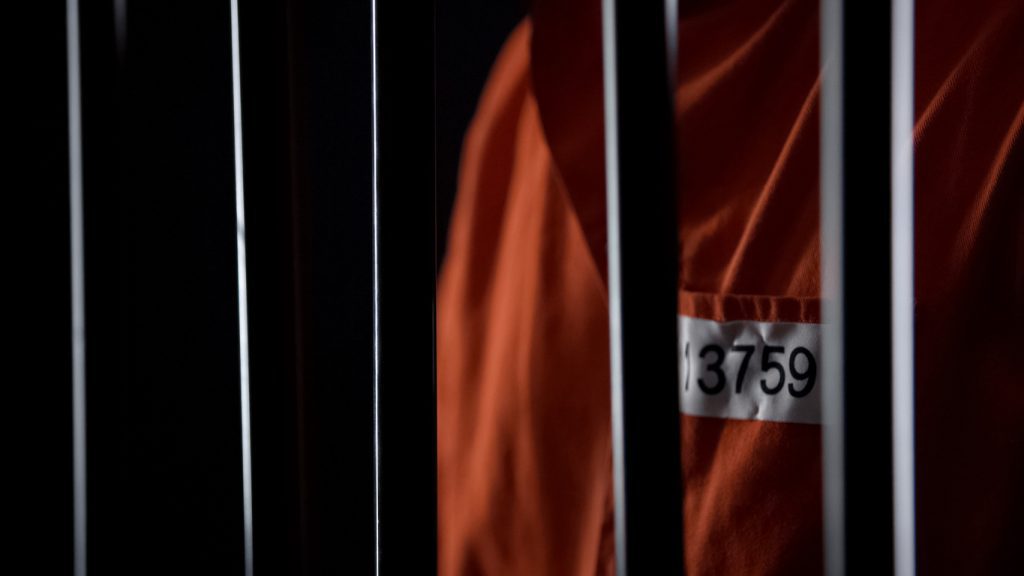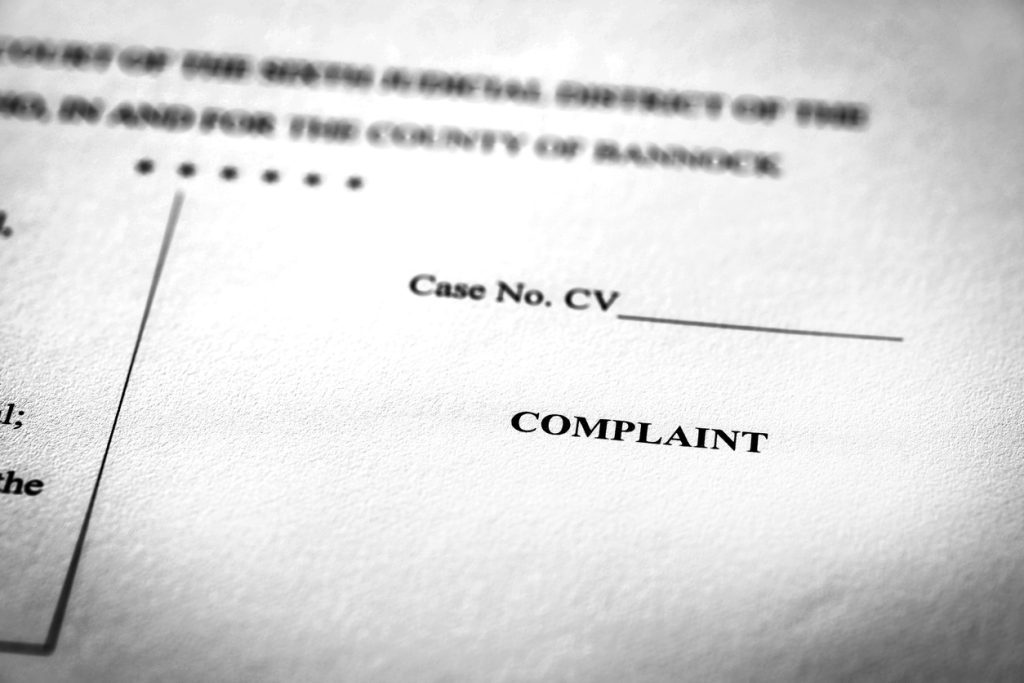If you are serving a federal sentence in a Bureau of Prisons (BOP) facility or have a loved one doing the same, you’ve probably spent a lot of time researching First Step Act time credits over the past few months. You have probably also considered hiring a lawyer to file a lawsuit for First Step Act time credits.
If you’ve considered hiring a lawyer to file a lawsuit for First Step Act time credits, it’s probably because you have a lot of questions. Can I actually hire a lawyer for a First Step Act time credits lawsuit? Will a judge appoint a lawyer for me if I can’t afford one? Will I actually win?
Like so many questions about First Step Act time credits, these questions are complicated. Of course, you can always hire a lawyer. But, if you can’t afford one, things get messy. Thankfully, one federal court gave us an example of how this works earlier this month in a case called Turner v. Keyes.
Can you get a court-appointed lawyer for a First Step Act time credits lawsuit?
Maybe. In most cases involving disputes over First Step Act time credits with the BOP, judges will not appoint you or your loved one a lawyer. This is because, generally, there is no right to an attorney when it comes to petitions for a writ of habeas corpus under 28 U.S.C. § 2241.

But in a case called Turner v. Keyes, U.S. District Court Judge William M. Conley, a federal judge in Wisconsin, gave us the first example of when a court may appoint a lawyer in a case involving a First Step Act time credits dispute with the BOP.
In Turner, a federal prisoner, Justin Turner, and the BOP disagreed over whether Turner’s drug conviction disqualified him from receiving First Step Act time credits because there was conflicting evidence with respect to whether Turner was a “leader/organizer” of the criminal activity at issue in his conviction.
According to Judge Conley, however, it was “unclear” as to “Turner’s role in the offense,” as well as unclear whether the sentencing judge’s finding, once clear, would be “a ‘finding’ as to Turner’s leadership role sufficient to exclude him from FSA credits.”
Because he believed that appointing Turner a lawyer to represent him for that argument was in the “interests of justice,” Judge Conley appointed a lawyer to represent him (assuming, of course, that he could prove that he is unable to afford one on his own).
Are there lawyers out there who specialize in First Step Act time credits cases?
Maybe. It’s likely that Turner will be represented by a public defender’s office, a court-appointed criminal defense attorney or someone with a similar legal background. These attorneys are highly qualified and capable of representing him in that case. But they may not be available to help you.

Beyond ordinary public defenders and criminal defense attorneys, there do not appear to be any lawyers who specialize exclusively in First Step Act time credits cases. Because this is a new area of criminal law that changes regularly, it’s not surprising that lawyers haven’t specialized in this area yet.
There are, however, lawyers who frequently analyze these kinds of cases, including our own Peter J. Tomasek. If you hire a lawyer to represent you in a First Step Act time credits case, you can ask your attorney to reach out to us in the event that he or she has questions about First Step Act time credits.
The Takeaway:
Cases involving arguments with the BOP over First Step Act time credits are still part of a growing area of law. However, a recent decision in a case called Turner v. Keyes gives us a good idea of what situations may lead a judge to appoint a lawyer in cases over First Step Act time credits disputes.






